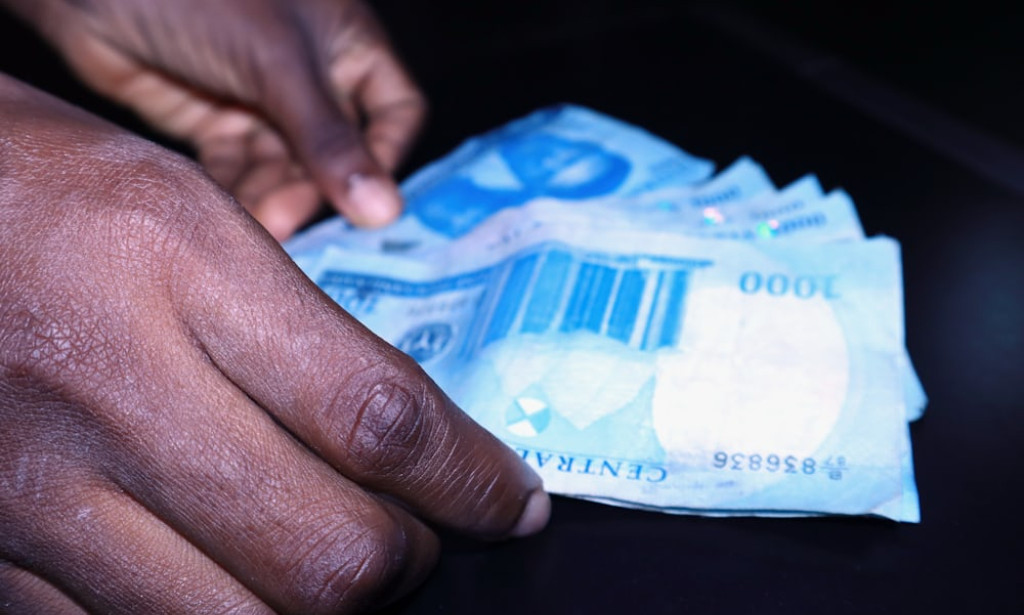As of March 2025, Nigeria's foreign exchange (forex) landscape has undergone significant changes due to recent policy reforms and economic adjustments.
Policy Reforms and Economic Adjustments
In late 2024, the Central Bank of Nigeria (CBN) initiated a series of reforms aimed at enhancing transparency and efficiency in the forex market. Notably, in December 2024, the CBN announced plans to automate foreign exchange trading, transitioning from the traditional over-the-counter system to an automated platform by December 2024. This move was designed to improve market transparency and reduce distortions.
Additionally, the CBN granted temporary access to Bureau de Change (BDC) operators, allowing them to purchase up to $25,000 weekly from authorized dealers. Initially set to expire on January 31, 2025, this directive was extended to May 30, 2025, to maintain liquidity and address retail forex demand.
Impact on the Naira and Inflation
These reforms have had a notable impact on the naira's value. By mid-February 2025, the naira appreciated in the parallel market, trading between N1,540/$1 and N1,545/$1. This appreciation was attributed to the effective implementation of CBN policies by BDC operators and increased forex liquidity.
However, the initial devaluation of the naira and the removal of longstanding petrol subsidies led to a surge in inflation, reaching 34.8% in January 2025. The CBN has expressed readiness to utilize all available tools to manage and reduce inflationary pressures, anticipating a moderation in the coming months as the effects of the reforms stabilize.
Economic Outlook
The CBN projects a Gross Domestic Product (GDP) growth of 4.17% for 2025, driven by these policy reforms and a stabilization of inflation. Foreign exchange reserves are also expected to rise, bolstered by increased oil production projected to reach 2.3 million barrels per day by mid-2025. In 2024, Nigeria's forex inflows exceeded $6 billion, elevating reserves to over $40 billion.
In summary, Nigeria's recent forex policies and economic reforms have led to a stronger naira and a positive economic outlook. While challenges such as high inflation persist, the government's commitment to maintaining a functional forex market and implementing fiscal reforms aims to foster economic stability and growth.

You must be logged in to post a comment.